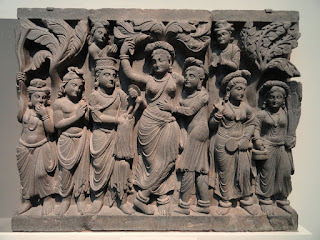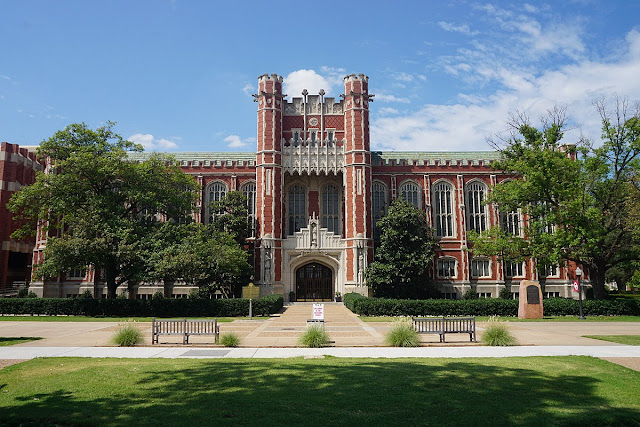Week 5 Story: Siddhartha
Suddhodana:
My son, who shall live a long life of glory, but how? What glory does he seek if not what I provide? If not the end of our name? Oh, Siddhartha's father felt great respect for Asita, the hermit and the prophet. However, what does one call it to respect for another, but reject for themselves? Suddhodana respected the hermit, but never wanted to bear one himself. Oh, the cognitive dissonance, if only Suddhodana could see it for himself! If only he too could forsee the glory his son would find, greater than any of the riches he could buy.
Mahaprajapati:
All the gems and gold in the world, yet his light never ceases to drown them all out. How can someone be so pure and bright, such that they will never be made greater than they already are? Such that all the finest things that money can buy are worthless in his presence. How is one to feel, paralyzed in the presence of his greatness, or tinged with jealousy that he is not your own? Oh sister, if only you could have seen him before you left us. You bore a son of true knowledge and fail to know him.
Statues of the Gods:
Do they come here to ask for our blessing or to bless us? He who was born with the power of a royal but has yet to discover his even greater teachings. Oh, how mistaken he is! Greater than we - he who shall bestow on this world his great and true knowledge and love. He who will learn to transcend desire, greed, karma, and then live to teach it! Oh, far greater than simply living, he who will escape this ruthless cycle of rebirth and free this world. To see him before he is himself, what a privilege indeed.
Author's Note: I wrote three 100 word stories, each telling different parts from the life of Buddha, but from a specific person's perspective. The first is from Suddhodana's perspective, Siddhartha's father, when he first hears the prophecy from the hermit Asita that his son will find glory, but only after he renounces royalty and becomes a hermit. He must have felt an internal conflict, seeing that his son would find greatness, but not through anything his father could offer him. The second story is from the perspective of Siddhartha's aunt who takes care of him after his mother's death. She must have felt overwhelmed by his greatness, but I wonder if she ever felt any jealousy that is was her sister who bore him, and not herself? The last story is from the perspective of the Gods when Siddhartha first visits the temple. They know if his future greatness, but Siddhartha does not. Further, he is only a child and has not even started on his path to finding enlightenment yet. There is some parallel irony that he is visiting the gods but the gods can sense that he will become something even greater than them.
Siddhartha at the Temple from The Life of Buddha by Andre Ferdinand Herold (1922).

Wow this was a great read! I picked this story, because I read a book called Siddhartha in high school and had a vague idea of who and what this story would be about. I really liked how you used fantastical language that's different from our commonly spoken English. This made it very easy to be immersed in what the story was despite not having a whole lot of context. I think that maybe adding who the characters were in each of the stories would help add some context. For example, adding next to Suddhodhana that he is Siddhartha's father in parenthesis next to the name. Also, I thought that there maybe better word to replace cognitive dissonance. That sentence was the only one that felt out of place. It was a great read anyhow and I hope you write some more great stories!
ReplyDeleteHi SV,
ReplyDeleteWhat an amazing story! You are truly gifted as a writer! I really like how you structured this story with the three different micro-stories! That is so creative. I also love how each story was told from a different perspective of a person from Siddhartha.
I am very much looking forward to reading more of your creative pieces of writing!
-Libby